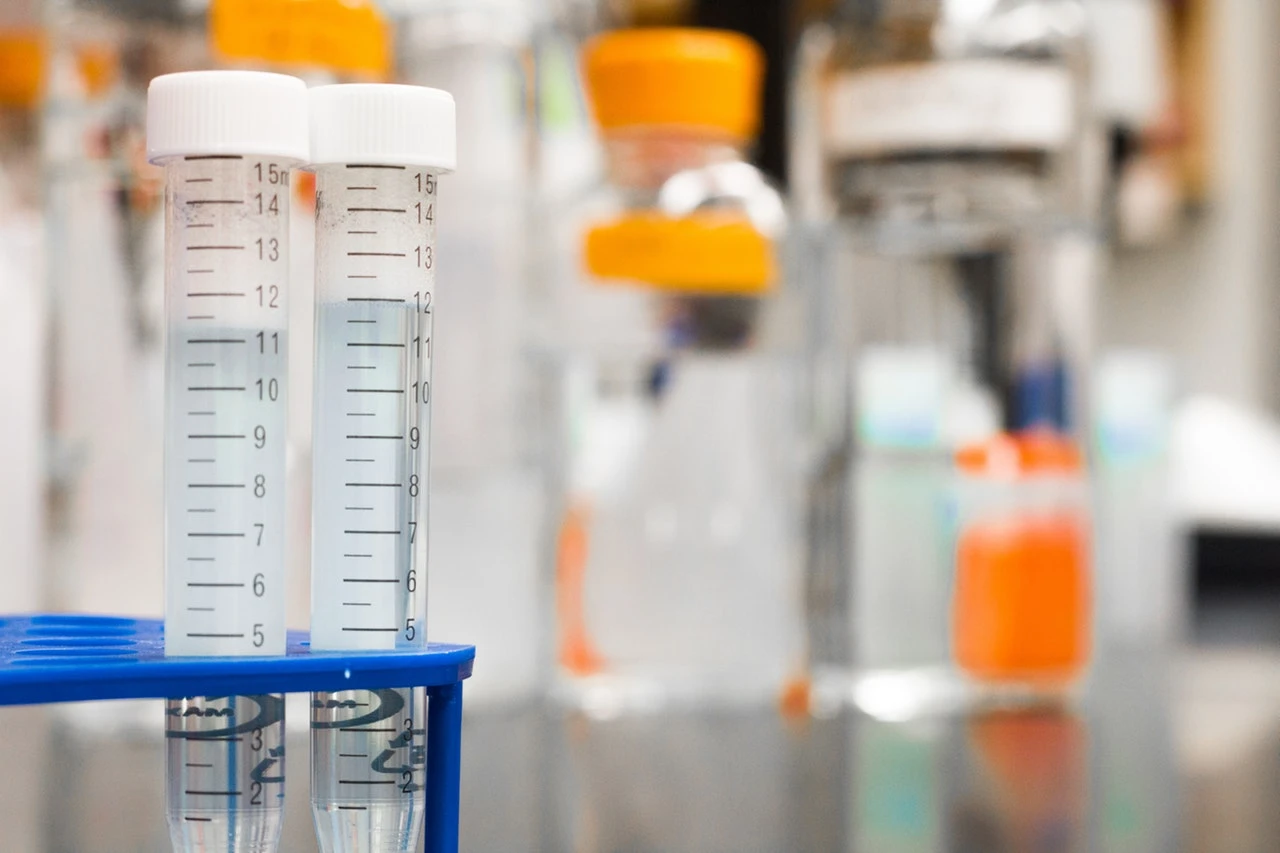The Lively Blog
SIGN UP FOR OUR
Newsletter
Stay up to date on the latest news delivered straight to your inbox
Is 23andMe Eligible for FSA/HSA Reimbursement?
Sarah Laoyan · August 7, 2019 · 4 min read

Within the last few years, genetic DNA testing kits have been a hit among American consumers. Whether it’s finding out where your ancestors came from or checking to see if you’re genetically predisposed to a certain condition, millions of Americans have shelled out a good chunk of cash to have their DNA analyzed.
According to David Mittelman, a consumer genetics entrepreneur, the increase in popularity of at-home genetic testing kits started in the summer of 2016. Since then, more than 26 million people have taken an at-home genetic test to find more information about their own personal health care and ancestral lineage.
If you’re considering purchasing a genetic testing kit, a new ruling by the IRS has stated that a portion of a genetic testing kit’s cost is eligible for health savings account (HSA) or flexible spending account (FSA) reimbursements, as long as it is being used “for the diagnosis, cure, mitigation, treatment or prevention of disease.”
What exactly does an HSA or FSA cover within a genetic DNA test?
HSA’s must be used for medical care as defined in Section 213(d) of the Internal Revenue Code. This code states:
Definitions: For purposes of this section—
(1) The term “medical care” means amounts paid—
(A) for the diagnosis, cure, mitigation, treatment, or prevention of disease, or for the purpose of affecting any structure or function of the body,
(B) for transportation primarily for and essential to medical care referred to in subparagraph (A),
(C) for qualified long-term care services (as defined in section 7702B(c)), or
(D) for insurance (including amounts paid as premiums under part B of title XVIII of the Social Security Act, relating to supplementary medical insurance for the aged) covering medical care referred to in subparagraphs (A) and (B) or for any qualified long-term care insurance contract (as defined in section 7702B(b)).
In the case of a qualified long-term care insurance contract (as defined in section 7702B(b)), only eligible long-term care premiums (as defined in paragraph (10)) shall be taken into account under subparagraph (D).
Section 213(d) of the Internal Revenue Code
What does this mean for a taxpayer?
Some genetic testing services (such as 23andMe) offer a health screening portion of their tests. It was recently ruled by the IRS that this can help the tester identify health traits that they may be more susceptible to based on their genetics. For this reason, a portion of the 23andMe genetic testing kit IS eligible for HSA or FSA reimbursement (approximately $117.74 to be exact).
If you have purchased a 23andMe genetic testing kit within 2019, you may be eligible for reimbursement through your HSA or FSA. 23andMe has provided their customers with a free FSA/HSA calculator to find out exactly how much can be reimbursed.
The most confusing part of this is that most at-home genetic tests are focused on the ancestral history of your DNA, where you came from and who you might be related. If you purchased an at-home genetic testing kit solely for the use of your genetic lineage, this is NOT eligible for HSA or FSA reimbursements.
This reasoning lies in Section 213(d)(1)(a) in which your DNA tests are being sent to a lab to identify potential genetic health issues that you can prevent. With ancestral lineage testing, you do not receive any of this information in regards to your personal health, thus disqualifying it from HSA or FSA eligibility.
How can I be reimbursed with my FSA or HSA for my genetic testing kit?
The best practice for using a health savings account or flexible spending account for healthcare purchases is to save all of the receipts from those purchases in the event that you are ever audited by the IRS.
You may be required to submit a Letter of Medical Necessity (or a Doctor’s Statement) to have your genetic testing kit approved by your FSA or HSA in addition to your receipt of purchase.
If you’re looking to submit your at-home genetic testing kit for HSA or FSA reimbursement, we highly recommend consulting with your benefits coordinator for specific usage. As stated previously, always save receipts for HSA or FSA eligible purchases in the event of an IRS Audit.
Are other genetic testing kits besides 23andMe eligible for HSA or FSA reimbursements?
As long as your at-home genetic testing kits contain a health portion of the test, they can be considered eligible for use through your HSA or FSA. As long as the health portion follows the definition under Section 213(d) of the Internal Revenue Code.
If you ever have any questions regarding what is or is not eligible for your plans, consult your benefits provider for what they would consider an eligible expense or check out our realtime list of all HSA IRS-approved expenses here.

Benefits
2026 Maximum HSA Contribution Limits
Lively · February 1, 2025 · 3 min read
For 2026, the HSA contribution limits are $4,400 for individual coverage and $8,750 for family coverage. These limits increased from 2025, when the caps were $4,300 and $8,550. If you’re age 55 or older, you can still contribute an additional $1,000 as a catch-up contribution.

Benefits
What is the Difference Between a Flexible Spending Account and a Health Savings Account?
Lauren Hargrave · February 9, 2024 · 12 min read
A Health Savings Account (HSA) and Healthcare Flexible Spending Account (FSA) provide up to 30% savings on out-of-pocket healthcare expenses. That’s good news. Except you can’t contribute to an HSA and Healthcare FSA at the same time. So what if your employer offers both benefits? How do you choose which account type is best for you? Let’s explore the advantages of each to help you decide which wins in HSA vs FSA.

Health Savings Accounts
Ways Health Savings Account Matching Benefits Employers
Lauren Hargrave · October 13, 2023 · 7 min read
Employers need employees to adopt and engage with their benefits and one way to encourage employees to adopt and contribute to (i.e. engage with) an HSA, is for employers to match employees’ contributions.
SIGN UP FOR OUR
Newsletter
Stay up to date on the latest news delivered straight to your inbox
